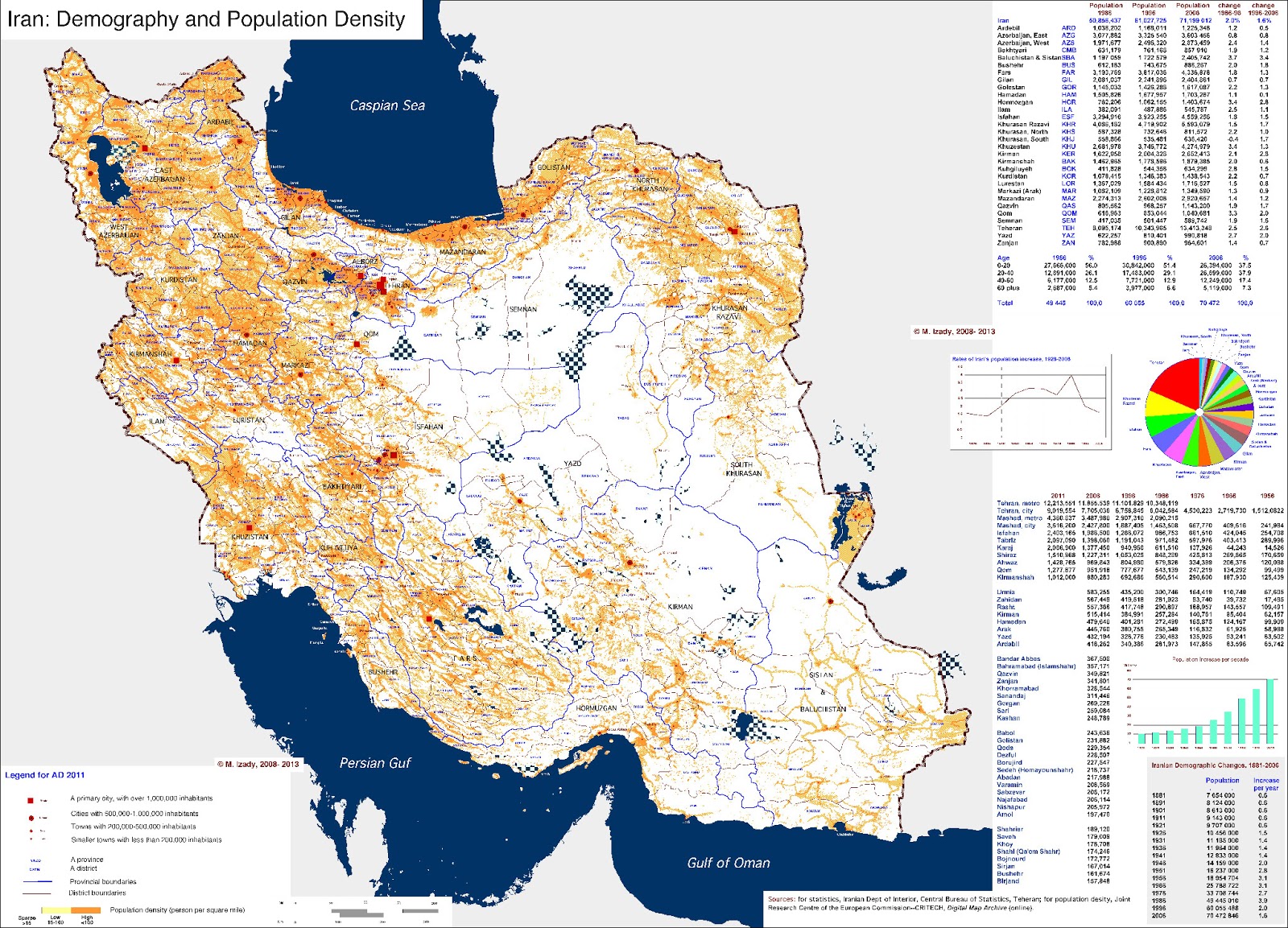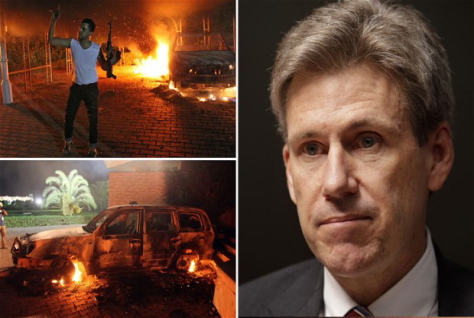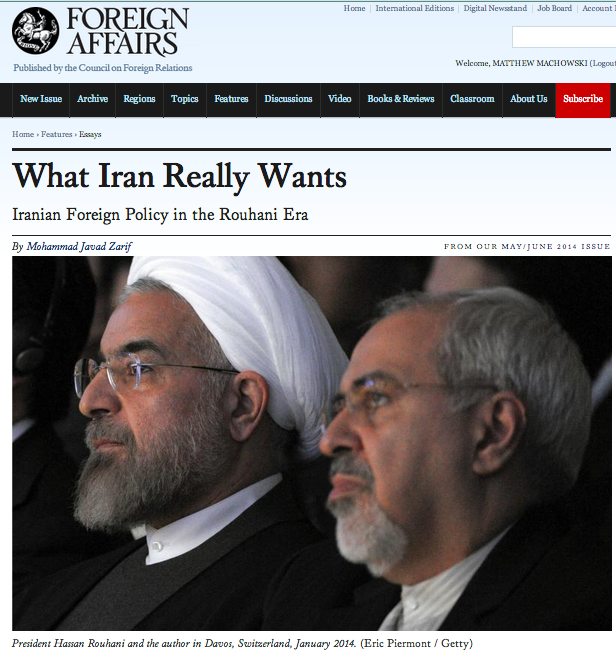BBC World Service – Argo & Iran’s history. Fact or fiction?
Here is a recording of my latest interview on BBC World Service ‘World Have Your Say’ programme, in which I discuss the latest Hollywood movie about Iran’s Islamic Revolution and the hostage crisis – Argo by Ben Affleck.
Argo is certainly a very well scripted, action-packed fiction thriller worth the Academy Award it received. Andrew O’Hehir, a well-known film critic at the Salon.com, is right to argue that:
‘With America’s tormented relationship with Iran back on the global front burner, Argo is a crafty, reflective mood piece that will leave you thinking about the resounding echoes of that tormented and not-so-distant era’.
As it oftentimes happens with powerful historical movies, much controversy has recently arisen around this portrayal of Iran just after its 1979 Islamic Revolution. The action of this movie is set around a rather shady affair surrounding the infamous US Embassy hostage crisis.
Soon after the Islamic Revolution forced Iran’s Mohammed Reza Shah Pahlavi out of the country, the American administration allowed its longstanding ally in the Gulf to enter the United States – allegedly on the basis of his needed cancer treatment. This move has infuriated many in Tehran, particularly the younger generation of university students. Enraged by what they saw as the latest ‘Great Satan’ assault on the independence of the Islamic Republic, hundreds of unruly and very radical youth stormed the US Embassy in Tehran taking 52 American diplomats hostage. The event has since been referred to in Persian as ‘the conquest of the American Spy den’.
Six of the diplomats however escaped and their experience sets the basis for Argo’s plot.
Although Argo is obviously banned in Iran – some illegal copies are available on the black market for as little as $1 USD, members of Tehran’s highest echelons of power saw the movie at a private secret viewing last month. A week ago Iran instructed Isabelle Coutant-Peyre, a French solicitor and Muslim-convert wife of a notorious international terrorist Ramírez Sánchez, or ‘Carlos the Jackal’, to sue Hollywood producers over their allegedly willful misrepresentation of the events.
I fully agree with George Perry, a known film critic interviewed with me here, that Hollywood fiction films do not need to, nor sometimes should, fully portray all the historical details of events that inspire producers to shoot their films. However, I can also see why the ayatollahs are alarmed – Argo may one day be taken as a definitive image of Iran’s hostage crisis and Iran in general. From a historical point of view, this would be wrong.
Watching the movie without any prior historical knowledge may lead some to see it as either a neo-conservative onslaught on the Islamist nation of Iran or as a legitimation of the longstanding rift between the West and Iran. Even during this BBC World Service programme one of the callers remarked:
‘Of course, America always portrays itself as a hero in all movies when in actual fact they are the real villains’.
History, however, often comes in many shades of grey. This cinematographic portrayal of the 1979 Iran is in many scenes historically correct. Public hangings of the so-called Shah supporters did take place notoriously across the country, the anti-Western sentiments were fiercely high among Iranians of all ages, and the radical Islamist ideology was striving. The 444-days long hostage crisis that has since been so painfully imprinted on the US political psyche did have resounding support among the radical ‘Muslim Student Followers of the Imam’s Line’. But this is only one side of the story.
Argo gained some rather interesting objectors. First among them – Iran’s first post-revolutionary president Abolhassan Bani-Sadr. Although known for his antagonism to any Western influence over Iran, he has always stressed his opposition to the hostage-taking. In a recent editorial for The Huffington Post, Bani-Sadr notes that he was not a lone voice crying in the wilderness either. ‘Prime Minister Mehdi Bazargan’s entire administration was against the occupation’, he argues. In fact, Bazargan – faced with his hopes of a more liberal democratic Iran fading – resigned his post. Similarly, the then Iran’s Foreign Minister Ibrahim Yazdi, was so flabbergasted by the events that he initially thought the hostage crisis was a joint CIA-Mossad plot to further discredit the newly formed Islamic Republic.
Bani-Sadr also claims to have had a conversation with Ayatollah Khomeini, who allegedly assured him that the American diplomats would be released within days. He further points to the 1980 October Surprise – a theory that claims Khomeini held secret talks with the then-presidential candidate Ronald Reagan during which they agreed to delay the date of releasing hostages till after the scheduled US presidential elections. The idea was that reaching a successful solution to the crisis during President Carter’s administration would likely advance his position at the ballot box. Gary Sick, principal adviser on Iran to the White House at the time and a member of the US National Security Council under three US Presidents, numerously referred to this theory, which he first revealed in an article for the New York Times in 1991. Two separate Congressional investigations, however, could not prove the veracity of this story.
Similarly, Argo caused some uproar among the British Foreign Office authorities, in particular, Sir John Graham – the then UK ambassador to Iran.
Ben Affleck’s plot shows the Brits in a rather negative light as those who turned their backs on the American diplomats. This certainly is not historically correct – the UK mission to Tehran not only expressed their wish to help but indeed even housed the Americans in their residential compound for some time.
It is true that the escapees were not able to stay at the British Embassy at the time of their first arrival. It was not however due to them being turned away, as shown in the film. Upon arrival at the complex, they saw Iranian protestors climbing the walls of the British ambassadorial compound. This development forced them to hide in one of their own apartments instead.
In fact, some British diplomats subsequently found themselves hostage too. The ‘Little Satan’ – a local term for Great Britain at the time – however, was not the radical’s main target and the UK diplomats were soon released.
Sir John Graham is said to have been infuriated by this distortion.
Historical inaccuracies certainly do find their place in Argo. The fiction plot may well have been too ‘boring’, as George Perry said, should all the aspects of ‘messy’ history be portrayed correctly. Nevertheless, it was not the history that convinced the ayatollahs to pursue the allegations. The Iranians themselves often distort historical facts in their own propaganda historical fiction movies.
It was the First Lady Michelle Obama who turned the tide on the issue for Iranians! Tehran, already somewhat confused by the possibility of having a fully independent movie industry – something unheard of in the Islamic Republic, saw Michelle’s award ceremony as an official White House stamp of approval and a sign of their full endorsement of Argo. At the time of an open ‘cultural struggle’ with the West, Iran clearly received this as an onslaught on their regime. The fact that Michelle Obama was the first-ever White House inhabitant to present the Best Picture Academy Award strengthened their resolve even further.
Argo is a work of fiction that was inspired by real-life events. Events powerfully imprinted on the history of Iran-Western relations. Therefore, at a time of an ongoing crisis over Iran’s nuclear programme, it is not surprising the movie became so politically sensitive. But is the story going to end up in court? Will Tehran successfully win any court case over the issue? I don’t think so!
But I also hope that it will not become a reference piece for young generations trying to understand the history of post-revolutionary Iran.




